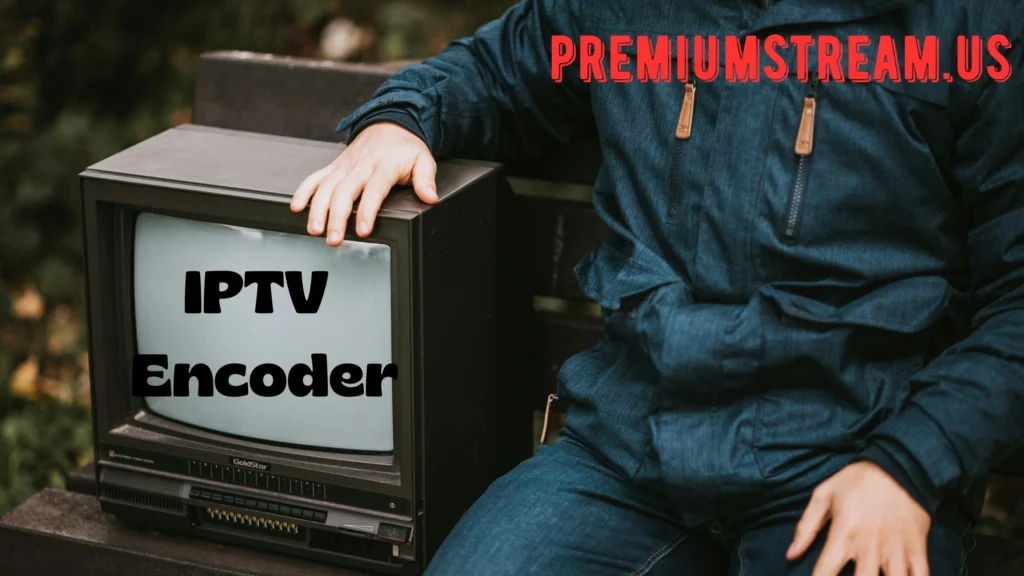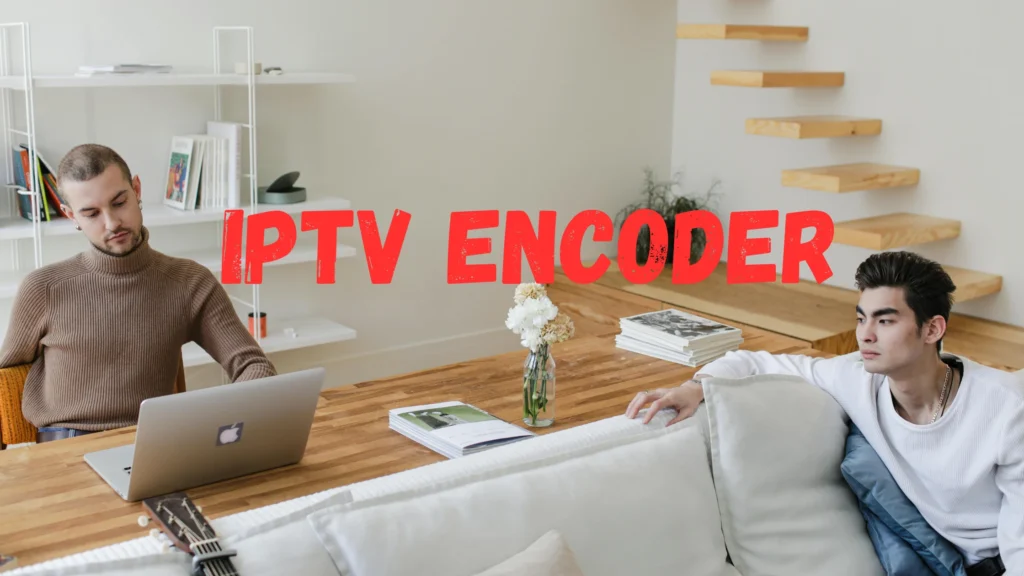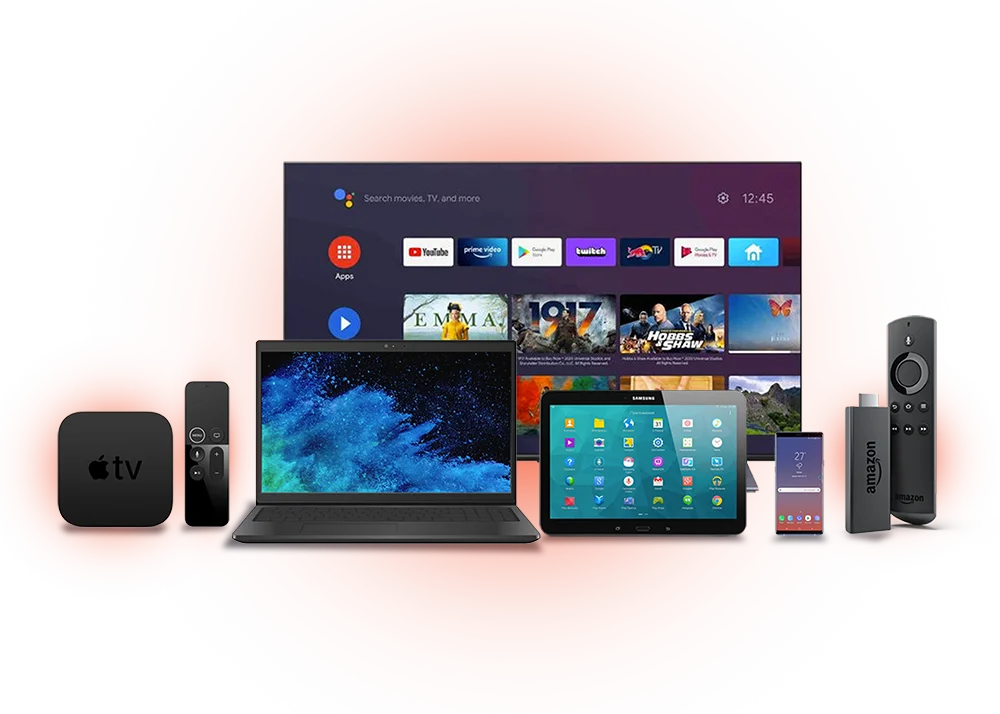My name is Howdy Mikel, and I’m here to share a story that started out as pure curiosity and turned into a full-blown passion. Years ago, I was just a guy trying to cut the cord from expensive cable TV bills. Like many of you, I searched high and low for better ways to enjoy television without breaking the bank. That’s when I stumbled across IPTV, which stands for Internet Protocol Television.
At first, I had no clue what an IPTV Encoder was or why it mattered. All I wanted was a reliable way to watch my favorite sports, movies, and shows without buffering or poor picture quality. Over the years, I’ve tested different IPTV setups, tried several IPTV free trials, and even dug into the technical side of streaming. Through trial and error, I’ve learned the importance of choosing the best IPTV provider and why a solid IPTV encoder is the secret sauce behind smooth, high-quality streaming.
This guide isn’t just definitions and tech jargon—it’s my personal take, backed up by real experience.
Table of Contents
- What IPTV Really Means in Simple Terms
- The Role of an IPTV Encoder in the Streaming World
- IPTV Encoder vs. Transcoder: Clearing Up the Confusion
- Why an IPTV Encoder Matters for High-Quality Streaming
- My First Experience with an IPTV Encoder Setup
- IPTV and the Rise of 4K Live IPTV Experiences
- Choosing the Best IPTV Provider: Lessons from My Own Search
- Exploring IPTV Free Trials: My Honest Thoughts
- IPTV Trends I’ve Seen Over the Years
- IPTV Reseller Insights: What I Learned Along the Way
- Key Features to Look for in an IPTV Encoder
- Common Problems with IPTV Encoders and How I Fixed Them
- IPTV Hardware Encoders vs. Cloud Solutions
- Final Thoughts: The Future of IPTV Encoders
What IPTV Really Means in Simple Terms

Before we talk about encoders, let’s get clear on what IPTV is. IPTV stands for Internet Protocol Television, which basically means watching TV through the internet instead of a satellite dish, cable box, or antenna. Instead of channels coming to your home through traditional broadcast methods, IPTV streams content directly over your internet connection.
Here’s the beauty of IPTV:
- You can watch live TV channels, movies, sports, and shows anywhere you have internet.
- IPTV supports 4K live IPTV, which makes watching sports or movies feel almost cinematic.
- IPTV works on Smart TVs, Firesticks, Android boxes, smartphones, tablets, and even computers.
When I first tried IPTV, I thought it was just another streaming app. But I quickly realized it was a whole ecosystem, with IPTV resellers, providers, and technologies working together.
The Role of an IPTV Encoder in the Streaming World
Now, here’s where the magic happens: the IPTV Encoder. Imagine you’re a broadcaster or provider who wants to stream a TV channel over the internet. You can’t just plug in a cable feed and expect it to work. The video and audio signals need to be converted into a digital format that can travel across the internet efficiently.
That’s exactly what an IPTV Encoder does. It takes raw video input and compresses it into a streamable digital format. Without encoders, IPTV wouldn’t be able to deliver high-quality streams to millions of viewers around the world.
When I got my first IPTV encoder, I felt like I was stepping behind the curtain of television itself. I could see how a soccer match broadcast could be transformed into a stream that looked crystal clear on my phone.
IPTV Encoder vs. Transcoder: Clearing Up the Confusion
People often mix up the terms encoder and transcoder, but I learned the difference firsthand.
- An IPTV Encoder takes raw video (from cameras, satellite feeds, or cable signals) and converts it into a digital format for streaming.
- A transcoder takes already-encoded video and adjusts it for different devices or bitrates.
In order for the streams to play well on smartphones, Smart TVs, and even lower-bandwidth connections, I first implemented transcoding after starting with an IPTV encoder to process live feeds.
Why an IPTV Encoder Matters for High-Quality Streaming
If you’ve ever signed up for an IPTV free trial and been disappointed by buffering or poor quality, chances are the provider wasn’t using a good encoder. From my experience, the encoder affects:
- Picture quality (HD or 4K live IPTV depends on it)
- Latency (how fast the stream reaches your screen)
- Compatibility across devices
The best IPTV providers invest in high-end encoders, and that’s one reason their streams look smooth while others freeze up.
My First Experience with an IPTV Encoder Setup

I’ll never forget my first time setting up an IPTV encoder. I bought a mid-range hardware encoder, hooked it up to a satellite receiver, and configured the stream settings. It wasn’t easy at first—I had to tinker with bitrate, resolution, and codec options. But once I got it running, the stream quality blew me away.
I remember calling a buddy and saying, “Man, this is like running my own TV station!” That’s the power an IPTV encoder gives you.
IPTV and the Rise of 4K Live IPTV Experiences
One of the coolest things I’ve seen is how IPTV has embraced 4K live IPTV. Sports look phenomenal, movies pop with detail, and even live concerts feel immersive. But here’s the catch: without a strong IPTV encoder, 4K streams will stutter, buffer, or crash.
That’s why the best IPTV providers rely on encoders capable of handling ultra-high-definition content.
Choosing the Best IPTV Provider: Lessons from My Own Search
Finding the best IPTV provider took me a lot of trial and error. Some services promised the world but delivered constant buffering. Others looked great at first but crashed during big events like the Super Bowl.
What I learned:
- A provider that invests in quality IPTV encoders usually delivers reliable service.
- Providers that offer an IPTV free trial tend to be more confident in their service.
- The best IPTV providers support multiple devices and resolutions, from SD to 4K live IPTV.
Exploring IPTV Free Trials: My Honest Thoughts
I can’t tell you how many IPTV free trials I’ve tested over the years. Some were fantastic, others were pure frustration. Here’s my take: always use the free trial to test the provider’s encoder performance.
If the trial stream is smooth, chances are the full service will be solid. If it’s glitchy, you’ll probably regret subscribing.
IPTV Trends I’ve Seen Over the Years
I’ve been in the IPTV space long enough to see trends come and go. A few worth mentioning:
- The rise of 4K live IPTV as internet speeds improved.
- The growth of IPTV resellers, who made IPTV more accessible worldwide.
- Cloud-based IPTV encoders replacing bulky hardware setups.
- AI-powered encoding that adjusts quality automatically.
These trends show that IPTV is constantly evolving, and the encoder remains at the heart of it all.
GET YOUR SUBSCRIPTION NOW
IPTV Reseller Insights: What I Learned Along the Way
For a while, I even dipped my toes into being an IPTV reseller. That experience gave me an inside look at how much providers rely on encoders. Without strong encoding setups, resellers face endless customer complaints about buffering and poor quality.
If you’re thinking about becoming an IPTV reseller, my advice is simple: partner with providers who use proven, reliable IPTV encoders.
Key Features to Look for in an IPTV Encoder

From my personal experience, here are the features that matter most in an IPTV encoder:
- Support for HD and 4K resolutions
- Low latency for live sports and events
- Multiple codec options (H.264, H.265)
- Reliable hardware or cloud platform
- Easy integration with IPTV platforms
Don’t cut corners here your viewers will notice.
Common Problems with IPTV Encoders and How I Fixed Them
I’ve run into my fair share of issues:
- Buffering: Solved by lowering bitrate and optimizing internet connection.
- Audio sync problems: Fixed by adjusting encoder settings.
- Overheating hardware: Solved with better cooling or switching to cloud encoders.
The key is patience and knowing that every encoder setup takes fine-tuning.
IPTV Hardware Encoders vs . Cloud Solutions
I’ve used both hardware and cloud IPTV encoders.
- Hardware encoders: Reliable, but they require maintenance and physical setup.
- Cloud encoders: Flexible and scalable, great for resellers and providers with large audiences.
These days, I lean toward cloud-based IPTV encoders because they’re easier to manage and adapt to changing demands.
Final Thoughts : The Future of IPTV Encoders
Looking ahead, I believe IPTV encoders will only get smarter. With faster internet speeds, widespread 4K live IPTV, and maybe even 8K in the future, encoders will continue to evolve. AI-driven encoding is already making waves, automatically balancing quality and performance.
As someone who started as just a curious viewer and ended up knee-deep in IPTV technology, I can say this: if you care about quality, don’t overlook the importance of a strong IPTV Encoder. It’s the beating heart of IPTV.
So whether you’re hunting for the best IPTV provider, testing an IPTV free trial, exploring IPTV trends, or considering becoming an IPTV reseller, always remember this: the magic behind the scenes often comes down to one simple device an IPTV Encoder.


